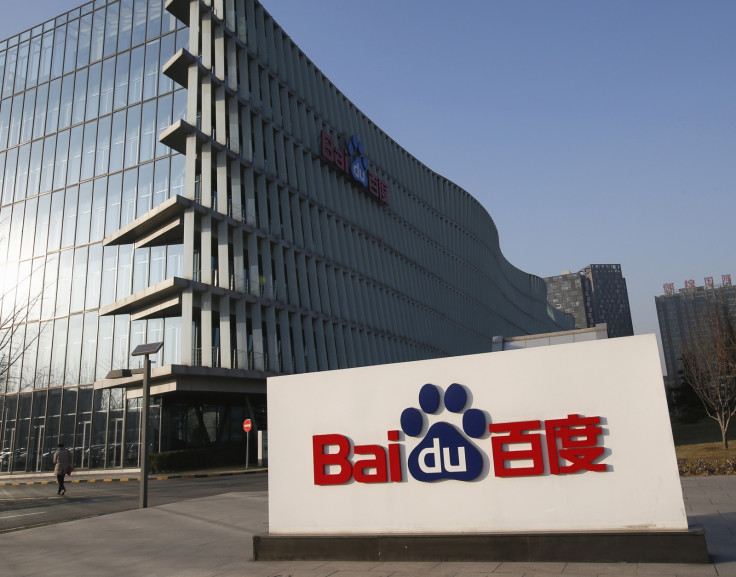Baidu Minwa supercomputer AI trumps Google, Microsoft and humans at image recognition

Chinese search giant Baidu has set a new artificial intelligence benchmark, unveiling a supercomputer that performs better than Microsoft, Google and even humans at recognising images.
The Minwa supercomputer, located in Beijing, used deep learning to identify more than 95.42% of images in a one million picture database, surpassing the previous record error rate set by Google of 4.8%.
"Our company is now leading the race in computer intelligence," said Baidu scientist Ren Wu. "I think this is the fastest supercomputer dedicated to deep learning. We have great power in our hands - much greater than our competitors."
Baidu now intends to use the Minwa supercomputer to analyse speech data and written language for both English and Chinese language.
The company claims that Minwa ranks in the top 40 supercomputers in the world in terms of processing power. However, Baidu plans to create a new machine by 2016 that would rank in the top 10.
The next generation supercomputer would be capable of performing 7 quadrillion calculations per second and could be used to carry out more challenging tasks, such as object recognition, detection and localisation.
Andrew Ng, Baidu's chief scientist, recently told the Wall Street Journal that his firm were pitting themselves against Google and Microsoft in developing supercomputers capable of running powerful artificial intelligence algorithms.
"I am very excited about all the progress in computer vision that the whole community has made," Ng said. "Computers can understand images so much better and do so many things that they couldn't do just a year ago.
"It's interesting that the top three teams processing ImageNet all appear to be large tech companies that can hire top AI experts, amass gargantuan data sets, and stand up the computing resource needed to analyse them."
Details of Minwa's image recognition feats were published by Baidu this week in a paper titled Deep Image: Scaling up Image Recognition.
© Copyright IBTimes 2025. All rights reserved.





















